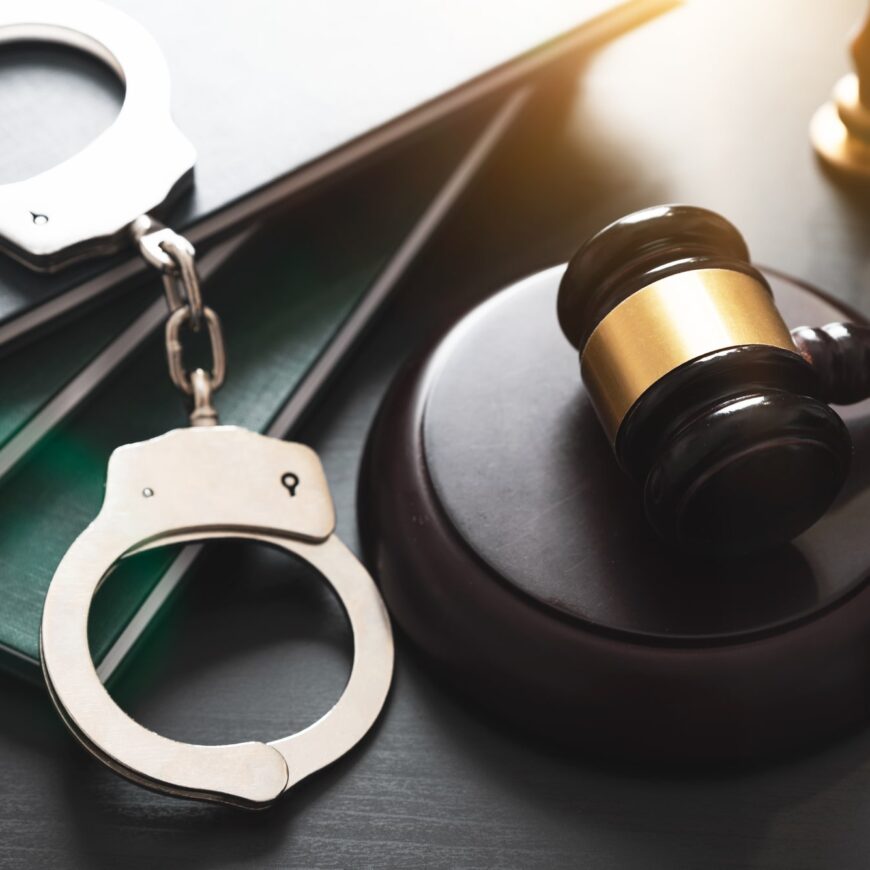Personal Injury Lawyer
When browsing around looking for a court reporter to hire, it can be difficult to identify who is most qualified for the job. Not all court reporters have the same experience level or skill-set. Hiring a court reporter that ends up being flaky and under-qualified can seriously jeopardize the meeting or proceeding. People who tend to hire court reporters are most often legal professionals, but those who are hearing-impaired can benefit too. Court reporters may be seen in legal settings or assisting those who are deaf to document things like church sessions for members or hearing challenged students in a lecture.
Here in the informational article below, we have strived to answer the question: What should I look for when hiring a court reporter?
The Court Reporter’s Level of Professionalism
A court reporter who does not act with professionalism and tact, may put a damper on the proceeding or event being recorded. Court reporters must be proficient in language and can often record as quickly as 225 wpm. Other characteristics of a great court reporter can include:
- Integrity and Ability to Be Impartial: this can be especially true for court proceedings where the recording must be accurate verbatim and unbiased
- Organized and Punctual: being late to an event where realtime broadcast closed captioning is needed can negatively impact hearing challenged audiences who rely on these messages
- Focused and Attentive: getting distracted in the middle of a deposition or witness testimony in court can have a truly devastating impact on the case, as lawyers and judges rely on these documents as a reference
The Court Reporter’s Knowledge of Reporting Methods
There are three common ways that a court reporter may record and transcribe a meeting, hearing, live event, convention or something else. A court reporter who is not experienced in all three methods of documenting, may not be able to provide services in any setting needed. These three reporting approaches are listed as:
- Steno Typing: the court reporter uses shorthand through a stenographer machine, where the computer translates into written language.
- Electronic Recording: the court reporter uses a sound system and microphone to record the conversation being had in the room.
- Stenomask Reporting: the court reporter wears a mask over the mouth and repeats what others are saying word-for-word.
The Court Reporter’s Capability to Provide Realtime Services
Realtime is when the court reporter’s shorthand is instantly converted into written language, and available live to legal professionals or litigation teams. Those who are invested in the case do not have to be present either, as realtime can be streamed to those who are working remotely as well. In order to provide realtime services, the court reporter may have to purchase their own equipment first. Before hiring a court reporter, inquire about whether they have the capability to do realtime recording.
It can be helpful to know that during the legal proceeding, a lawyer or other party who is watching realtime may notice words are not always spelled correctly. This can be completely normal, as San Francisco court reporters frequently write things out phonetically and then edit their recordings later on.
Thank you to our friends and contributors at Veritext Legal Solutions for their insight into court reporting and what to look for when hiring a court reporter.


